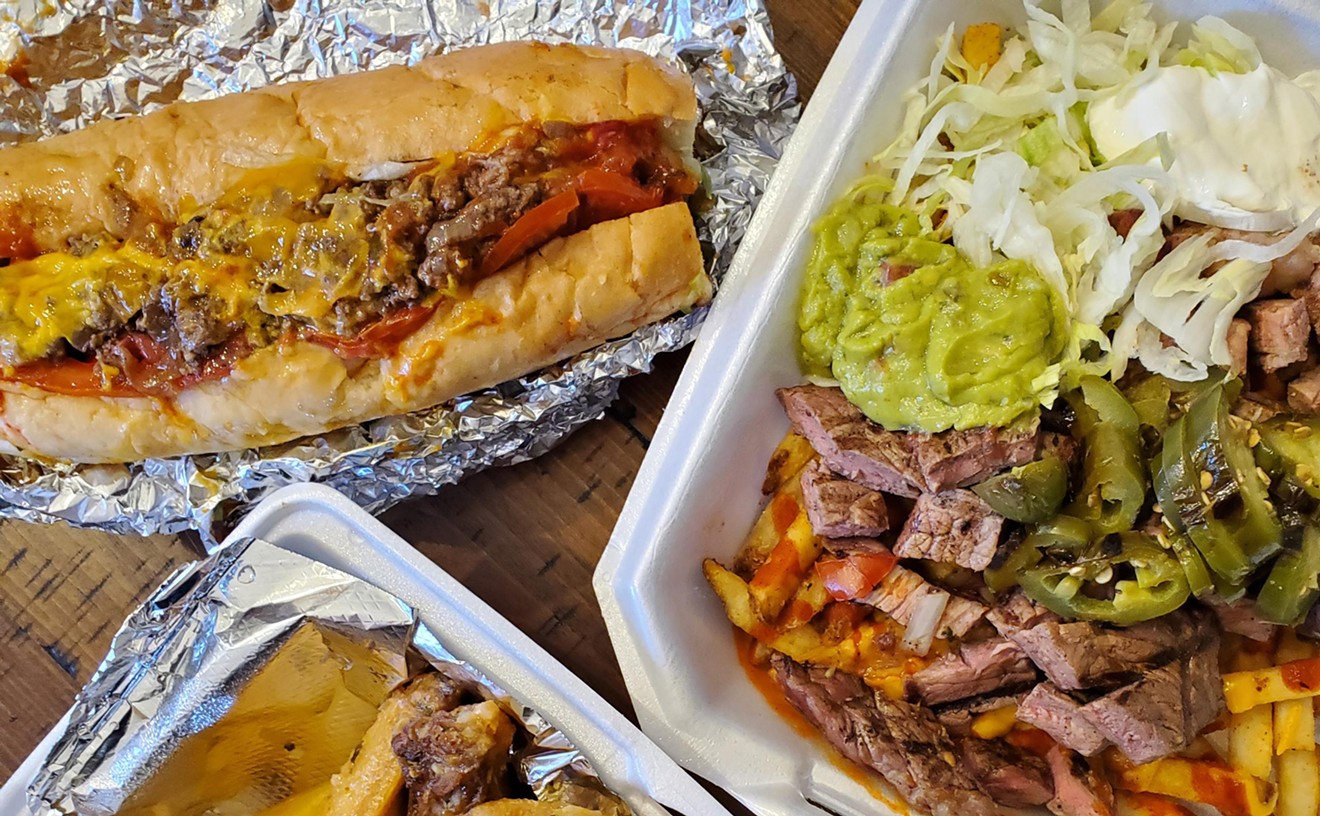“There was the theater, a furniture store on the corner, and us. That’s it,” says Laura Rosales, now owner of the neighborhood shop.
One of the first Mexican bakeries in Denver, Panadería Rosales opened in 1976. Ever since, clients and their families have flocked to the tiny tienda bursting with freshly baked, sugar-covered pastries to buy sweet rolls and
It’s not uncommon for some customers to come every day for a torta de carnitas — a pork sandwich made on the bakery's own bread roll — and then snag a few buttery cookies for dessert.
Desirae Llanes, a sophomore at North High School just down the block, makes the trip for lunch so often that her mom asked: “What’s this panadería I always see on your bank statement?” Llanes took her mother in to show her what keeps her coming back — and when she tried the melt-in-your-mouth cookies, she understood.
Laura Rosales was ten when her father opened the bakery, and she started coming every day after school to help run the shop. The family had just emigrated from Ciudad Juarez, a city in Mexico that nudges up against the intersection of the Texas and New Mexico borders. They moved to Five Points but opened the business in Highland, where they felt at home, surrounded by Spanish speakers coming from similar backgrounds.
It was about fifteen years ago that Rosales started to notice a change in the neighborhood, which has since developed into the busy strip of $4 lattes, boutiques and hip restaurants we know today. She recalls a neighborhood with many low-income residents who generally owned their homes but struggled with the upkeep. “When [developers] came in and offered them good money for their homes, they said, ‘Better sell it and get a better house,’” she remembers.
Around the same time, Rosales’s father died (without leaving a will), and she had to fight tooth and nail to buy the building and the business back from the city (as well as buy a few family members out of their shares).
Against $1 million in debt and her customer base moving farther away, business never faltered, because clients started traveling from their new homes to pick up what they consider the best bolillos in the state. If you traveled to Mexico and visited a panadería, it would be very similar to her establishment, Rosales says — with the same baked goods and “essence of it all.”
Rosales's business now serves about 500 customers a day. She’s been the sole owner since her father passed, when she took over payroll, inventory and production — but never the baking.
Baking is a man's business in the Mexican bakery trade, and being a woman of tradition, Rosales has chosen to remain up front. Her daughter, however, is defying the standard. She has taken an interest in learning to bake in the back, and when the chefs are short-handed, she sometimes fills in.
But don’t think it’s that easy. These recipes aren’t written down — anywhere. So if you want a taste of traditional Mexico, you’ll have to stop by for the classic delicacies.
New to the panadería scene? Here's what the customers, chefs and the owner say you need to try:
Bolillos
This classic dinner roll, made by hand daily, is a staple for Mexican meals. Traditionally served with
Conchas
The bakery sells about 1,500 of these single-serving, sugar-covered bread loaves on Sundays, their busiest day. Customers can choose from vanilla (the white, orange, or pink variety) or chocolate flavors.
The owner’s favorite,










